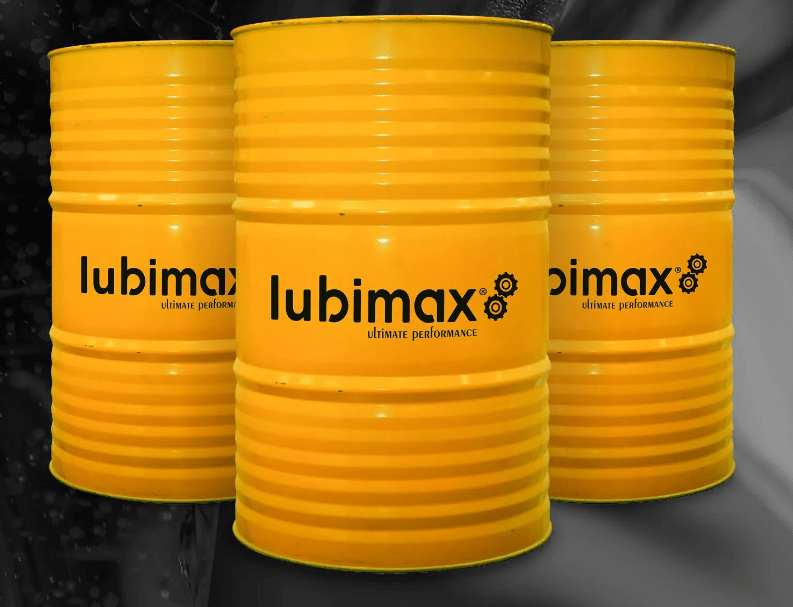
Lubricants are more than oils. They are carefully engineered tools that protect machinery under stress. Lubricant additive suppliers develop formulas that respond to heat, pressure, and movement in creative ways.
Their work is a mix of chemistry, physics, and material science to create oils that react to conditions rather than simply coating surfaces, making machines smarter and longer-lasting.
Responsive Chemistry:
Modern additives are designed to react to changing conditions. Some thicken under heat to maintain protection, while others form temporary films when pressure spikes. This responsive behavior keeps machinery safe during sudden starts, heavy loads, or rapid temperature swings, giving equipment a dynamic layer of defense that standard lubricants cannot provide.
Targeted Surface Protection:
Additives can bond to metal in precise ways. Instead of just filling gaps, they interact with microscopic surface textures to reduce friction exactly where it is needed. This approach minimizes wear while preserving energy, which is particularly useful for engines and gear systems that run at high speed or under unpredictable stress.
Adaptive Heat Management:
Lubricant additives are crafted to manage heat rather than resist it blindly. Some molecules absorb energy, preventing metal surfaces from overheating, while others maintain viscosity so oils continue to flow under extreme temperature changes. This adaptive performance allows machinery to operate continuously without losing protective qualities.
Environmental Shielding:
Some additives are built to combat environmental challenges. Salt, moisture, and chemical exposure can corrode metal quickly. Additives create protective barriers that react with these elements to prevent damage, helping machinery last longer even when exposed to harsh or fluctuating environments.
Precision Under Load:
Heavy or compact machinery demands precise lubrication. Additives form consistent films under extreme pressure, filling microscopic gaps without over-lubricating. This precision allows bearings, gears, and pistons to move freely under intense mechanical stress, reducing wear while supporting optimal performance.
Longevity Through Innovation:
Modern additive technology is designed to maintain chemical stability over extended periods. Oils infused with these molecules resist breakdown, oxidation, and degradation, keeping machinery protected longer and reducing maintenance intervals. The result is equipment that performs reliably while lowering the need for constant monitoring.
Understanding lubricant additive technology reveals a world where oils are engineered to think in response to conditions. These advanced formulas react to pressure, temperature, and environmental factors, protect surfaces precisely, and maintain performance over time. Through this innovation, machinery operates safer, lasts longer, and adapts to challenges that ordinary lubricants cannot handle.

